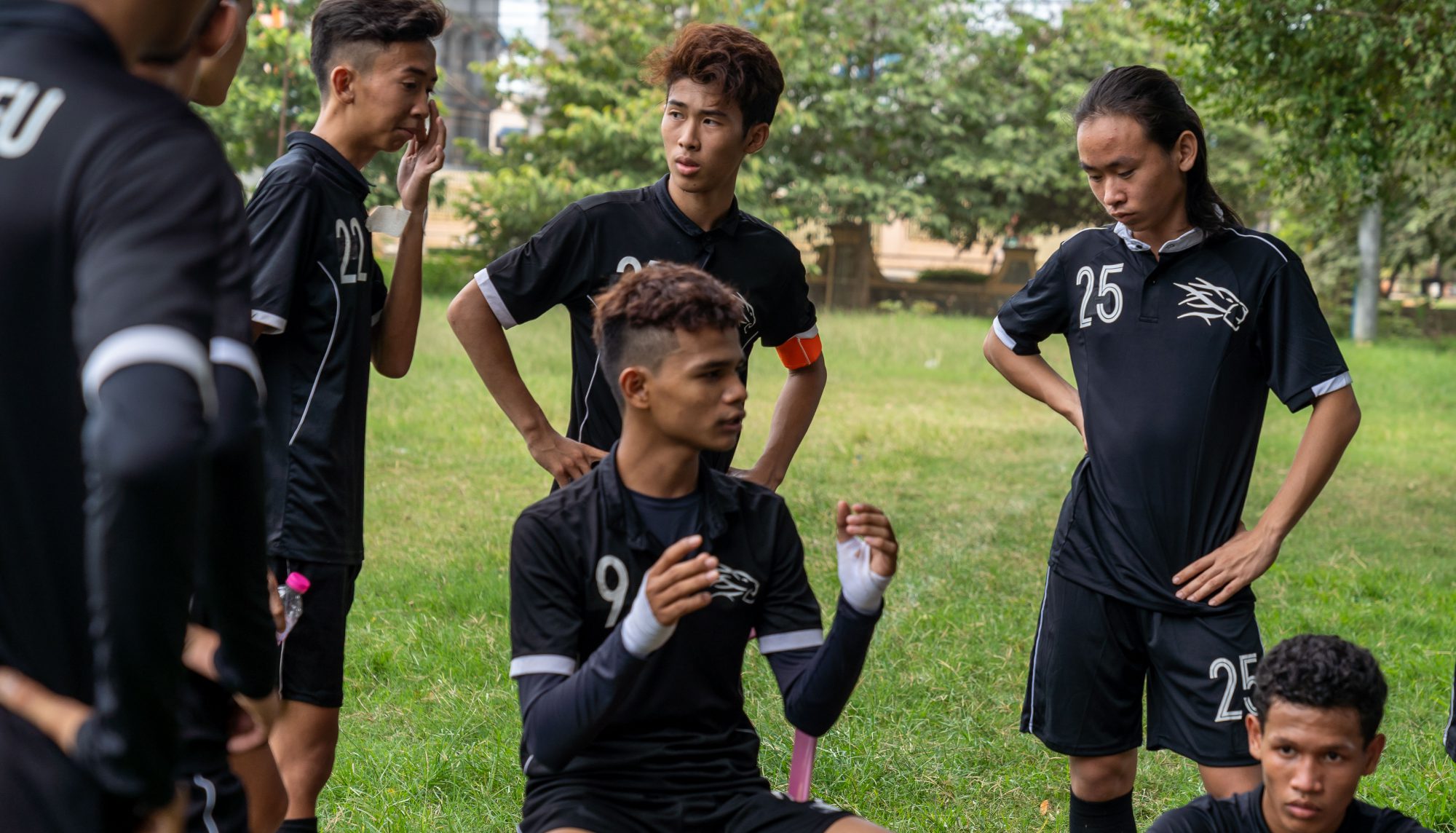Exploration Name: Social Business
Exploration Dates: Nov 20 – Dec 17
Number of Students: 12
Essential Questions: How does social business alleviate poverty? What is the role of women in microcredit systems?
In Social Business class we learned about microfinance, Tong Tin and saving money. Microfinance is the bank that is for the poor people to loan the money. We learned about microfinance in Cambodia. We went on a trip to interview community people about microfinance. They microfinance is good for them because they can loan the money to make the business. We learned about Tong Tin. Tong Tin is very common at Cambodia. At Cambodia people like to play Tong Tin because they can win money on it but it might take a long time like maybe one year or more. Tong Tin can be bad and can be good. The bad thing about that game is we need to pay a lot of interest. The good thing is we can win the money. One day we learned how to play Tong Tin. We also learned about saving money. We went to Phnom Penh to visit the Kok Tha. Kok Tha is the manager of a savings group. We had a lot of trips and it was very helpful for our team.
